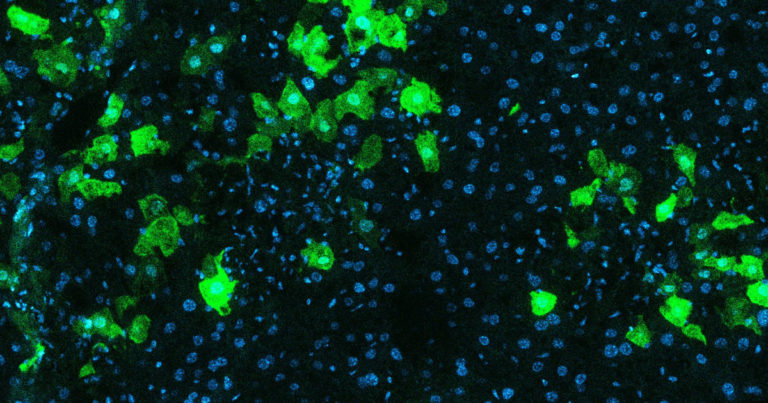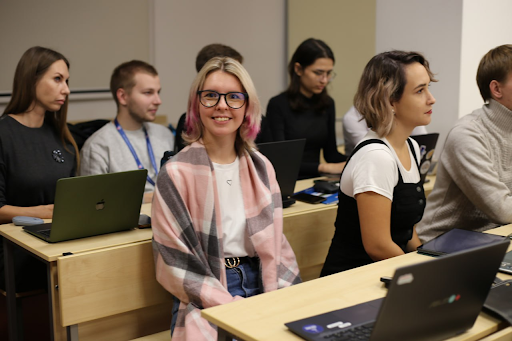







Equipped with sound fundamental knowledge and unique practical competencies, a neuroscience researcher will be in demand both in research laboratories and innovative pharmaceutical companies around the world.
Graduates of the program will be able to become not only researchers in the field of neuroscience, but also try themselves as creators of new innovative products capable of restoring and expanding brain functions.
In close contact with leading experts in neurosciences, synthetic neurobiology and neuroprosthetics, students will be able to study disciplines related to the principles of signal processing in living systems, molecular and cellular neurobiology, synaptic signaling, neural networks, neuropsychology, as well as an important area of training for future leaders of scientific projects — research management.


Neurocampus provides a unified ecosystem of education and enlightenment, involving direct involvement and participation of students in the development of new medical technologies.
The students will have access to scientific projects in the leading Russian laboratories: the Federal Brain and Neurotechnology Center of FMBA, Pirogov Russian National Research Institute of Medical Sciences, Institute of Bioorganic Chemistry of the Russian Academy of Sciences, Institute of Higher Nervous Activity and Neurophysiology of the Russian Academy of Sciences, etc., where they will be offered projects including:

Researcher of the Laboratory of Neurotechnologies of the Federal Center for Neurotechnologies of FMBA of Russia, PhD, Candidate of Biological Sciences

Researcher at the MSU Faculty of Biology, Ph.D. in Biology





LIFT Center LLC
Address: 121205, Moscow, territory of the Skolkovo Innovation Center, Skolkovo, Moscow.
Skolkovo Innovation Center,
ul. 5 Nobel str.